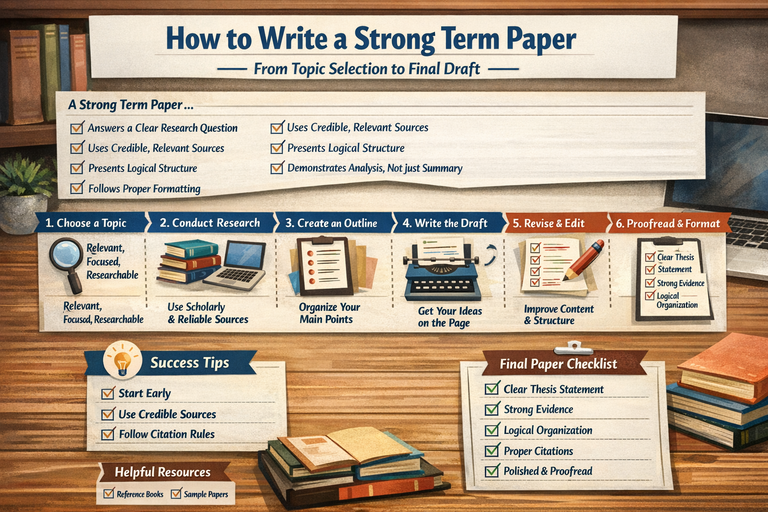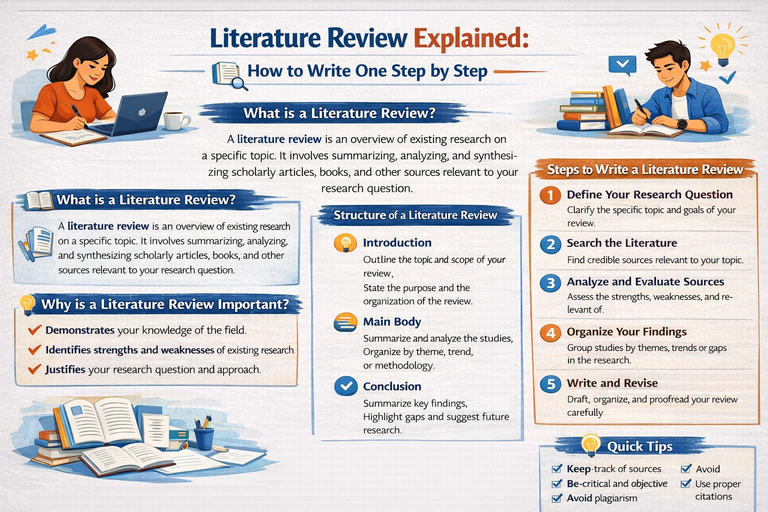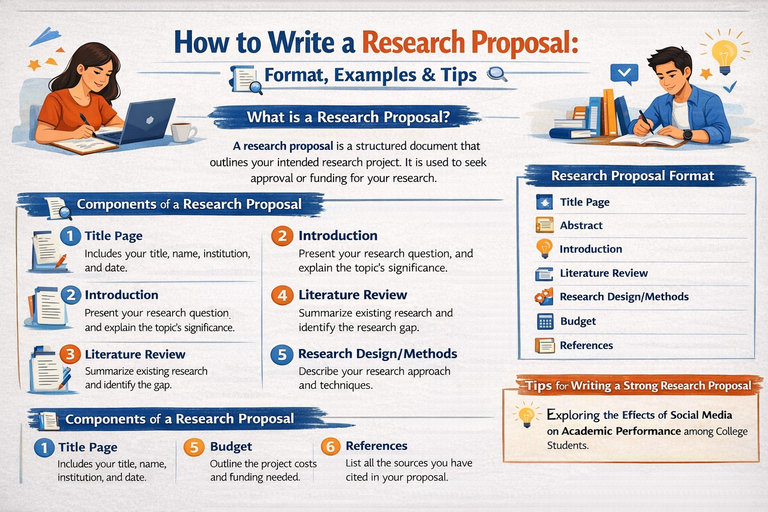Cross-Border Commerce: Global Trade and Culture in Business Novels
In an increasingly interconnected world, global trade has become a staple of modern economics, politics, and culture. But beyond headlines and business reports, novels are also capturing the intricate realities of cross-border commerce.
These works of fiction explore how international markets, cultural clashes, and economic ambitions unfold in human terms—through characters whose lives are shaped by deals, diplomacy, logistics, and cultural negotiation.
Business novels that engage with global trade don’t merely chart profits and losses. They reveal the tensions between tradition and innovation, East and West, personal ambition and cultural responsibility. In doing so, these stories offer a compelling view of how commerce serves as both bridge and battleground between nations and peoples.
Fiction as a Mirror of Global Markets
Business fiction rooted in global trade often reflects real-world trends, from outsourcing and offshoring to currency wars and trade agreements. It also offers something that business journalism often can’t: an emotional, character-driven view of how these macroeconomic forces affect individuals.
For instance, in The Man Who Knew by Sebastian Mallaby—a non-fiction biography with novelistic flair—we see how Alan Greenspan’s economic decisions shaped global financial markets. Though technically not a novel, the narrative approach shows how global finance operates across borders. Translating this kind of storytelling into fiction, novels like The Shanghai Factor by Charles McCarry blur the lines between espionage, business, and diplomacy, showing how corporate intelligence and cultural misunderstanding collide in China’s booming economy.
Similarly, The Reluctant Fundamentalist by Mohsin Hamid tells the story of a brilliant Pakistani man working for a prestigious valuation firm in New York. The novel deftly explores how globalized identity is shaped—and shattered—by economic, political, and cultural forces. As the protagonist’s faith in the American dream unravels post-9/11, so too does his participation in the world of international finance, raising questions about loyalty, exploitation, and alienation in global capitalism.
The Multinational Corporation as a Literary Setting
Large multinational corporations (MNCs) serve as natural settings for stories about global trade. These entities often straddle multiple time zones, languages, and regulatory frameworks. Fictional depictions of MNCs highlight not only their vast influence but also their bureaucratic inertia, ethical ambiguities, and cultural frictions.
In The Year of the Flood by Margaret Atwood, the fictional corporation HelthWyzer operates globally, offering pharmaceutical and biotech solutions while manipulating both disease and cure for profit. Though the novel is dystopian and speculative, its portrayal of global commerce and bioethics is deeply rooted in real-world concerns about corporate overreach and international health monopolies.
The Associate by John Grisham centers on a young lawyer navigating the world of multinational legal firms and corporate espionage, shedding light on how MNCs use legal frameworks across borders to secure leverage. Through these characters, readers witness the fine line between professionalism and moral compromise in high-stakes global deals.
These novels help humanize the faceless operations of large enterprises, focusing on the dilemmas faced by individuals caught between corporate demands and ethical choices.
Cultural Collision and Commercial Opportunity
One of the richest themes in business novels about cross-border commerce is the tension between cultural preservation and economic expansion. These narratives often explore how local customs, values, and identities are reshaped—sometimes trampled—by the arrival of global capital.
In A Free Life by Ha Jin, a Chinese immigrant family moves from Boston to Atlanta to open a small business. Their journey reveals how the pursuit of the American dream intersects with cultural dislocation. Though not about corporate trade in the traditional sense, the novel powerfully illustrates the personal cost of globalization—how families and identities are transformed in the wake of economic migration.
In River Town by Peter Hessler, a nonfiction memoir with literary depth, the author chronicles his time as a Peace Corps volunteer in China. Business is not the primary focus, but the book offers essential insights into the nuanced relationship between Western ideals and Chinese pragmatism, often mediated through trade, education, and consumption.
When culture and commerce intersect, the result is often conflict—but also adaptation. Characters in these novels are frequently caught in liminal spaces, trying to preserve heritage while participating in global opportunity.
Exporting Identity: Branding Across Borders
Global trade isn’t just about goods—it’s also about ideas, values, and identity. Many business novels explore how brands seek to craft a global image while resonating with local markets.
In Syrup by Max Barry, a sharp satire on marketing and branding, a young advertising executive develops a new soft drink called Fukk. The novel skewers the absurdities of consumer culture and exposes how brands are molded to manipulate across national lines. While set mostly in the U.S., its themes of global branding and identity export resonate worldwide.
On a more serious note, Americanah by Chimamanda Ngozi Adichie explores how identity shifts through migration, education, and cultural assimilation. Though not strictly a business novel, it touches on the soft power of Western brands, values, and media in shaping aspirations in Nigeria and beyond.
These stories underscore that branding is not just commerce—it’s cultural transmission. And when fiction tackles this terrain, it often reveals the subtle dynamics of power and perception embedded in trade.
Logistics, Labor, and the Human Cost of Globalization
While many business novels focus on boardrooms and strategy, others go deeper into the global supply chain, exposing the labor dynamics that keep commerce flowing. These narratives reveal the hidden workers—often in factories or ports—whose lives are impacted most by international trade.
In Factory Girls by Leslie T. Chang, a blend of journalism and personal narrative, we follow young women working in China’s manufacturing sector. Though nonfiction, its storytelling approach mirrors that of fiction, capturing the hopes, dreams, and disillusionments of those on the factory floor. Stories like this inspire fictional counterparts that focus on overlooked perspectives in global commerce.
Novels like The Jungle by Upton Sinclair and Nickel and Dimed by Barbara Ehrenreich (another nonfiction narrative with literary flavor) remind us that globalization has winners and losers. As companies chase lower costs and higher margins, laborers often bear the brunt through exploitation, unsafe conditions, or cultural alienation.
Incorporating such realities into fiction provides a fuller picture of global commerce—one that balances economic logic with emotional and ethical complexity.
The Role of Language and Communication
Cross-border commerce also hinges on the ability to communicate—clearly, persuasively, and diplomatically. Fiction explores how language itself becomes a tool of power or misunderstanding in global business.
In The Interpreter by Suki Kim, the protagonist works as a Korean-language interpreter in the U.S., often navigating complex emotional and cultural subtexts in translation. The novel emphasizes how language mediates both opportunity and conflict—especially in business contexts.
Miscommunication, in these stories, often becomes more than a plot device. It represents the larger challenges of navigating cultural nuance in global commerce. Deals are lost, trust is broken, and identities are misunderstood—all through the fragile medium of language.
Conclusion: Global Trade as Narrative Catalyst
Business novels that deal with cross-border commerce do more than trace economic transactions. They illuminate the very human stories behind the logistics—stories of migration, adaptation, ambition, and loss. Whether focusing on corporate titans, immigrant entrepreneurs, or factory workers, these narratives remind us that global trade is not a mechanical process. It is a cultural, emotional, and moral endeavor.
Through richly drawn characters and layered plots, fiction brings the abstract mechanisms of international trade to life. And in doing so, it encourages readers to see the global economy not just as a system of supply and demand—but as a stage for some of the most urgent and intimate human dramas of our time.
Would you like this article formatted for publication under your blog or tagged for junkybooks content?






